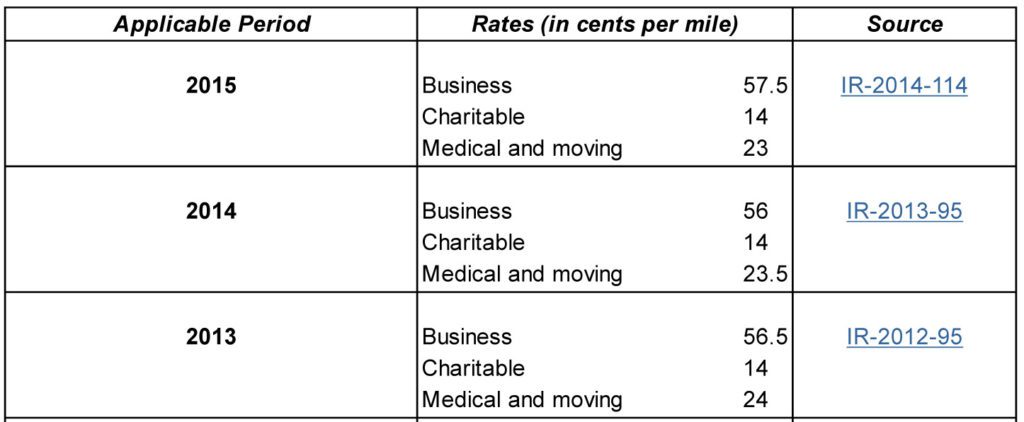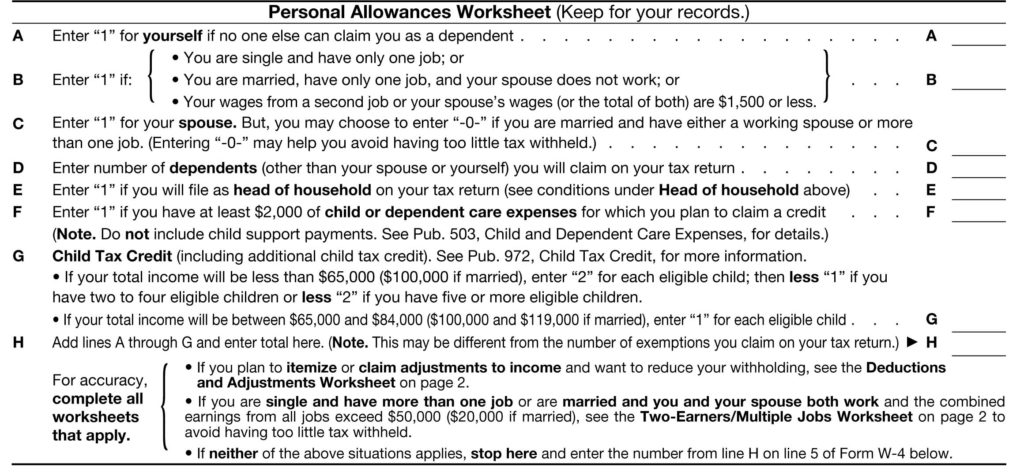The IRS mails millions of letters every year to taxpayers for a variety of reasons. Many of these letters are computer generated. It’s important to keep the following tips in mind if you are ever the recipient of a letter or notice from the IRS:
- Don’t panic. Most notices can be resolved with a simple response providing the requested information.
- While you shouldn’t panic, you should certainly not ignore the letter. The majority of IRS notices are sent in respect to federal tax returns or tax accounts. Since every notice is different, be sure to read the notice carefully. Most will require a response in 30 days.
- Respond timely. Most notices ask for more information about a specific issue or item on a tax return. Not only will a timely response minimize additional interest and penalty charges (if, any), but it will also prevent the IRS from automatically making adjustments for lack of a response from you.
- Some notices will come from the Automated Under Reporting Service Center. These notices will typically indicate a changed or corrected tax return. The most common occurrence is when the IRS has information from another source that was missing on your return, such as stock sales reported by your broker, but not included on your return. Review the information and changes on the notice and compare it with your original return. If you agree with the changes, you should note the corrections on your copy of the tax return for you records. There is usually no need to reply to a notice like this when you agree to the changes unless specifically instructed to do so, or to make a payment.
- Respond promptly to a notice you do not agree with. You should mail a letter explaining why you disagree to the address on the contact stub at the bottom of the notice. Include information and documents for the IRS to consider and allow at least 30 days for a response.
- There is no need to call the IRS or make an appointment at a taxpayer assistance center for most notices. If a call seems necessary, use the phone number in the upper right-hand corner of the notice. Be sure to have a copy of the related tax return and notice when calling.
- Always keep copies of any notices received with tax records.
- The IRS and its authorized private collection agency will send letters and notices by mail. The IRS will not demand payment a certain way, such as prepaid debit or credit card.
For more more information on notices, or for notice resolution, please contact Paul at Launch Consulting, Inc for assistance resolving any IRS issues.


